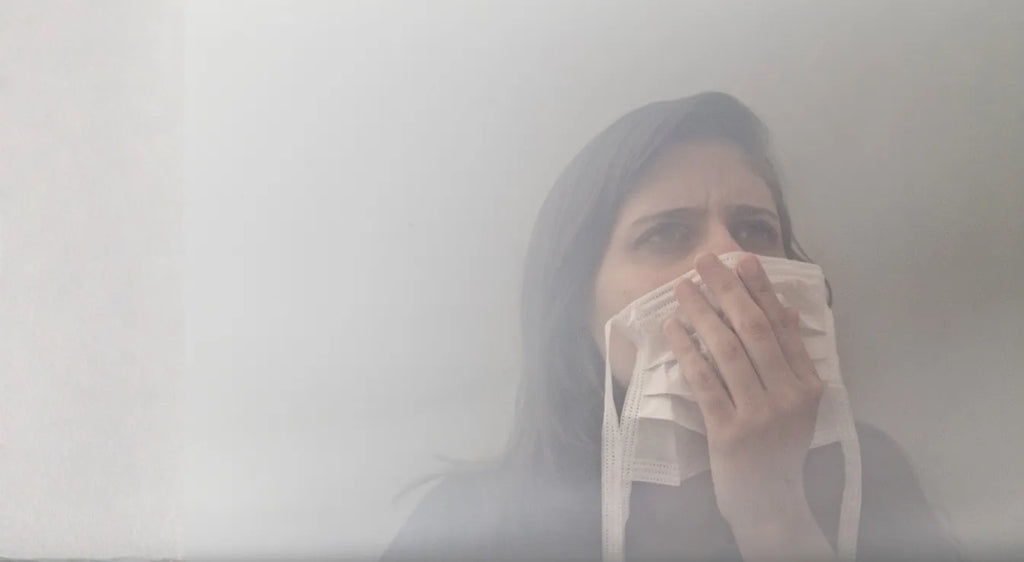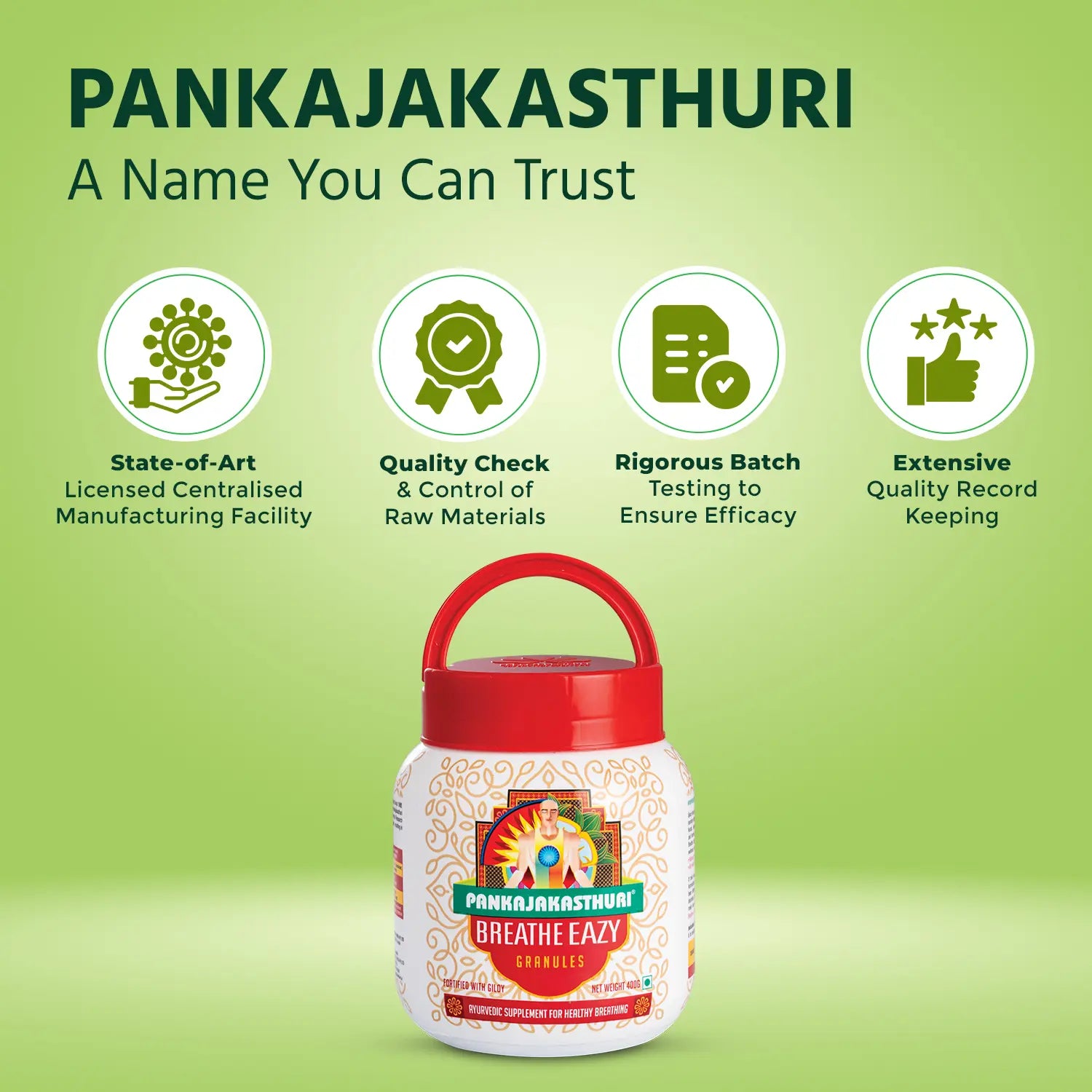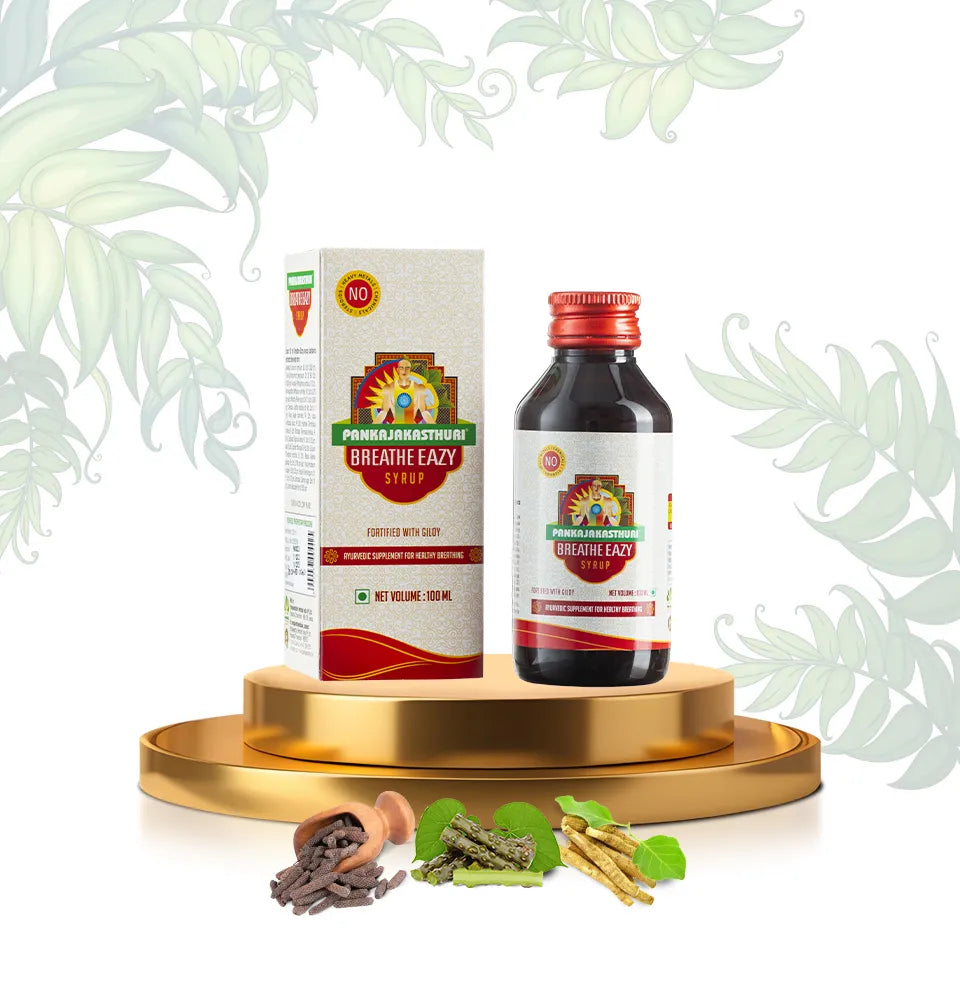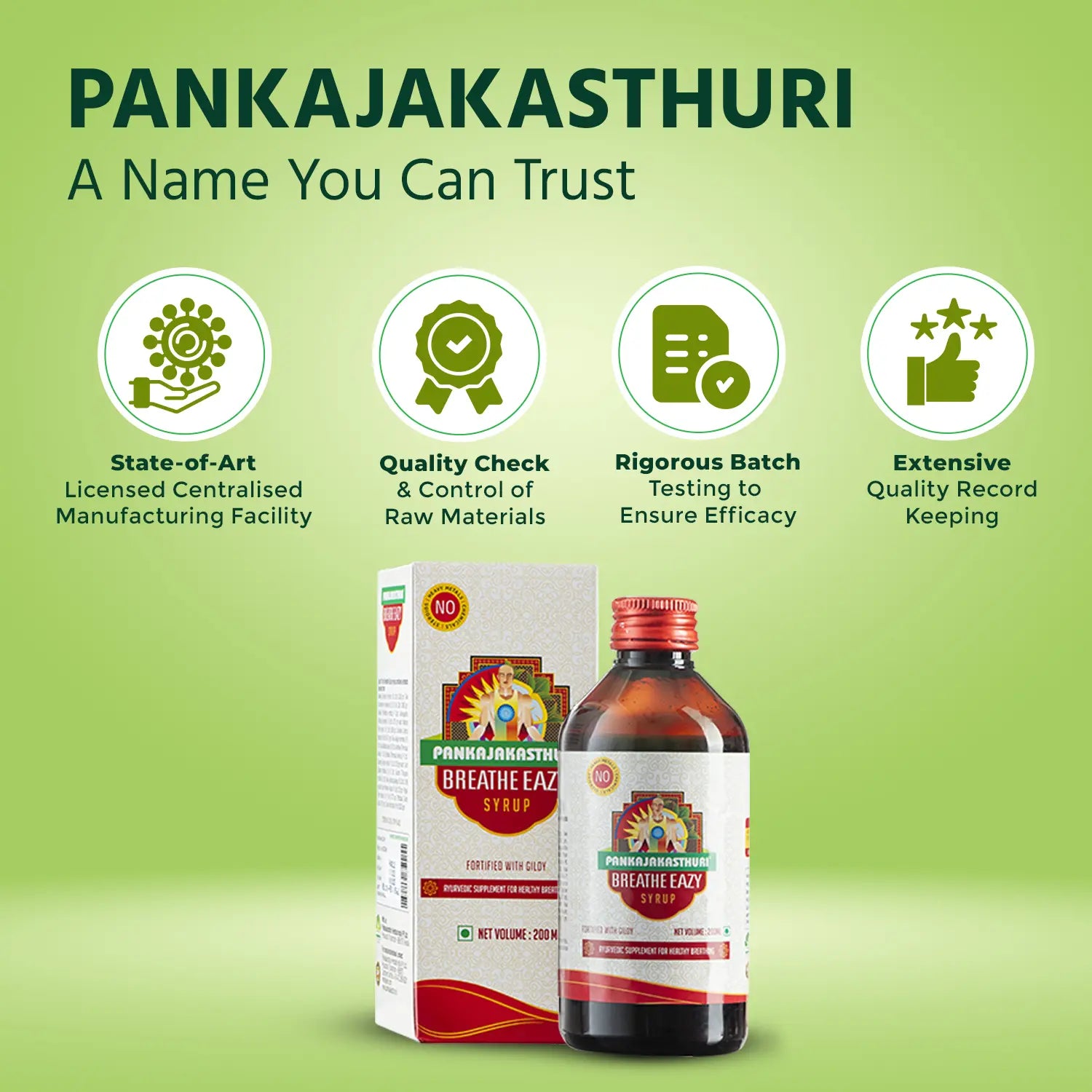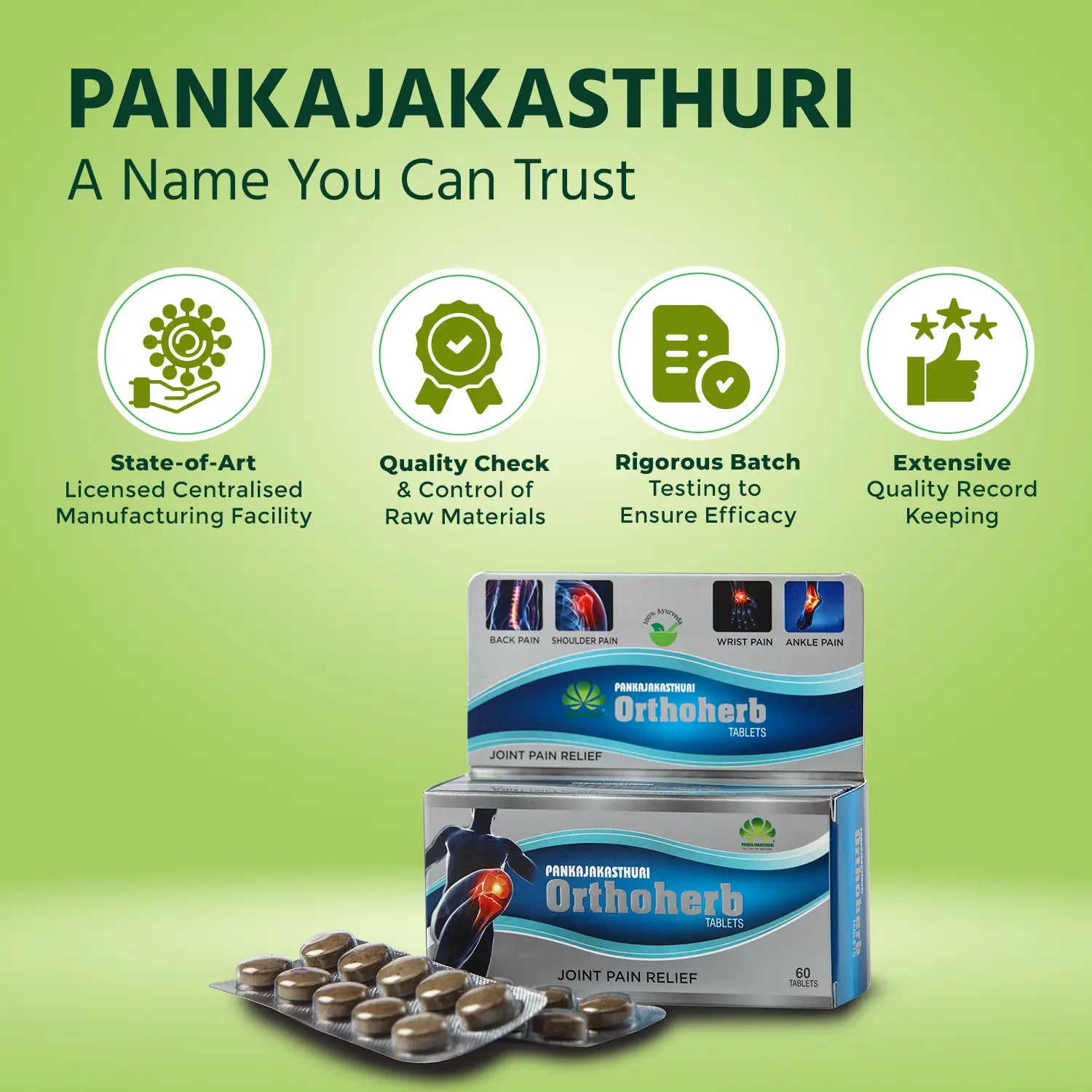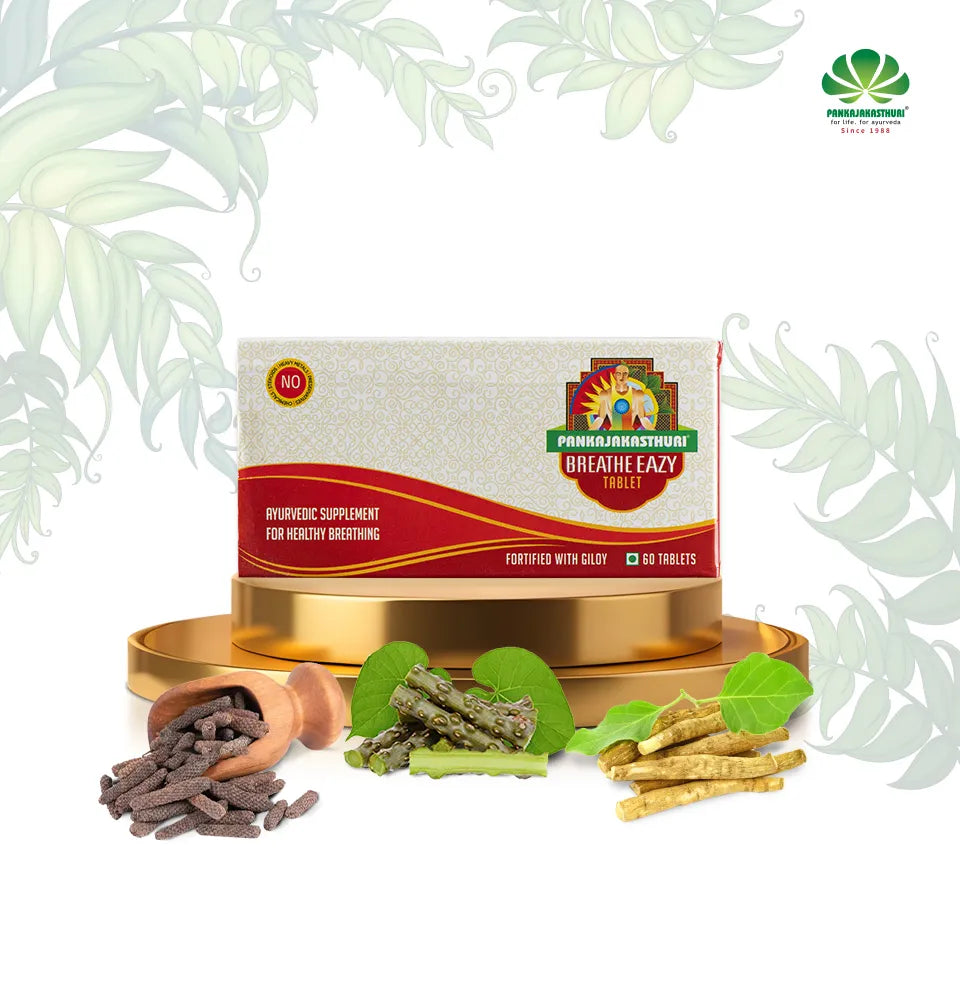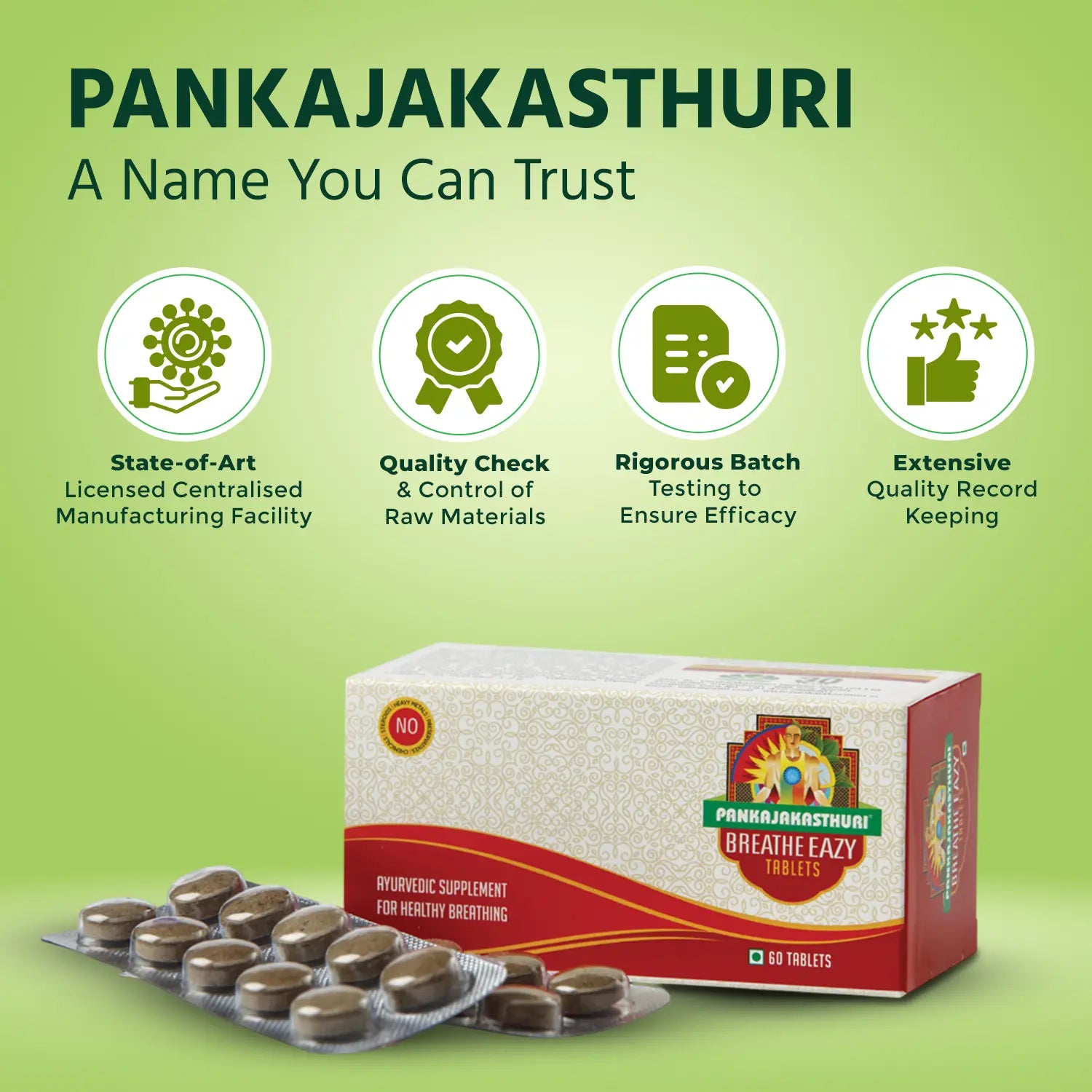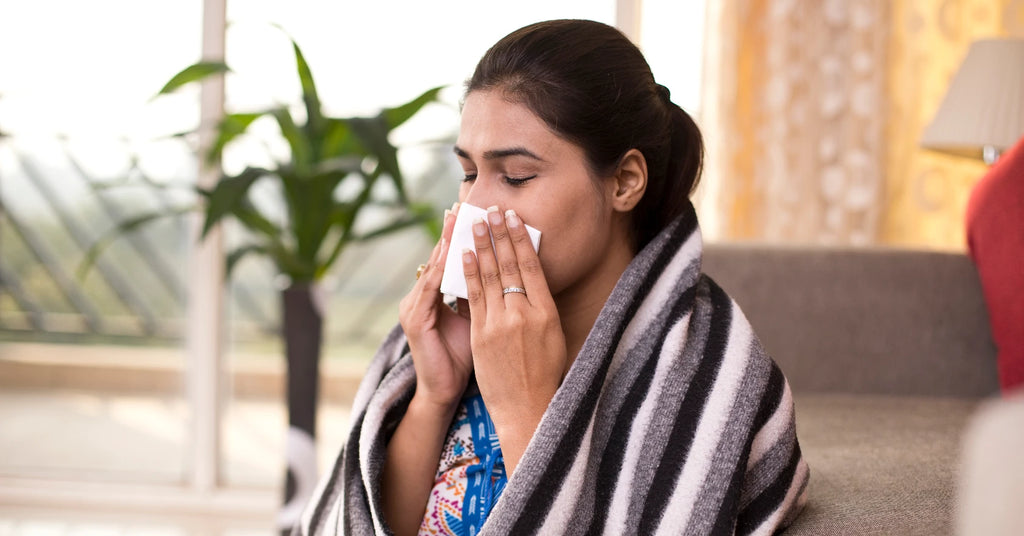
Understanding Viral Fever Symptoms: Modern Medicine vs. Ayurveda

Viral fever is a common illness that affects people worldwide. It is caused by viruses that lead to infection. This condition is characterised by common viral fever symptoms such as fever, body aches, and fatigue. While both modern medicine and Ayurveda recognize and treat viral fever, their approaches differ significantly, offering unique insights into diagnosis, management, and holistic healing. In this blog, we will explore the viral fever symptoms in adults and children, and understand the treatment approaches from both Ayurveda and modern medicine perspectives. Read on to learn more.
Modern Medicine: Symptoms and Approach
In modern medicine, viral fever is primarily understood through clinical symptoms and diagnostic tools. Here’s a breakdown of how modern medicine views and manages viral fever:
-
What are the Symptoms of Viral Fever in Modern Medicine
- Fever: Sudden rise in body temperature, typically between 100°F to 104°F (37.8°C to 40°C).
- Chills and Sweating: Alternating sensations as the body regulates temperature.
- Headache: Dull or throbbing pain in the head.
- Muscle and Joint Pains: Generalised body aches.
- Loss of Appetite: Reduced desire to eat, sometimes accompanied by nausea.
- Respiratory Symptoms: Such as coughing, indicative of viral respiratory infections.
-
Diagnosis:
- Clinical Examination: Assessing symptoms like fever, body aches, and respiratory symptoms.
- Laboratory Tests: Blood tests may detect specific viral antigens or antibodies.
-
Treatment:
- Symptomatic Relief: Fever reducers (e.g., acetaminophen), pain relievers, and fluids to manage symptoms.
- Antiviral Medications: In specific cases where antiviral drugs are effective against identified viruses.
- Supportive Care: Rest, hydration, and monitoring for complications.
Ayurveda: Understanding Through Doshas
Ayurveda, the ancient Indian system of medicine, views viral fever as a manifestation of imbalances in the body’s three Doshas (Vata, Pitta, Kapha). Here’s how Ayurveda perceives and manages viral fever:
-
What are the Symptoms of Viral Fever According to Doshas:
- Jwara (Fever): Seen as an imbalance in Agni (digestive fire) and Doshas.
- Angamarda (Body Aches): Linked to Vata Dosha imbalance.
- Shirashoola (Headache): Associated with both Vata and Pitta imbalances.
- Aruchi (Loss of Appetite): Reflects disturbed Agni and Kapha dosha.
- Chardi (Nausea and Vomiting): Indicates Pitta Dosha disturbance.
- Daurbalya (Weakness): Signifies depletion of Ojas (vital energy) and Vata imbalance.
-
Management:
- Dietary Adjustments: Light, easily digestible foods to pacify aggravated Doshas.
- Herbal Remedies: Such as Tulsi (Holy Basil), Guduchi, and Neem to boost immunity and balance Doshas for alleviating the viral fever symptoms
- Lifestyle Modifications: Including rest, hydration with warm liquids, and avoiding aggravating factors.
Integrative Insights
While modern medicine focuses on symptomatic relief and targeted antiviral treatments, Ayurveda emphasises holistic balance and strengthening the body's inherent healing mechanisms. Integrating both perspectives can offer comprehensive care for individuals experiencing viral fever, addressing both immediate viral fever symptoms and long-term health through personalised approaches.
The Takeaway
Understanding viral fever symptoms in adults and children through these dual lenses not only enriches treatment options but also empowers individuals to make informed decisions about their health. Whether choosing conventional treatments for rapid relief or Ayurvedic approaches for holistic healing, both systems share the common goal of restoring health and vitality.





